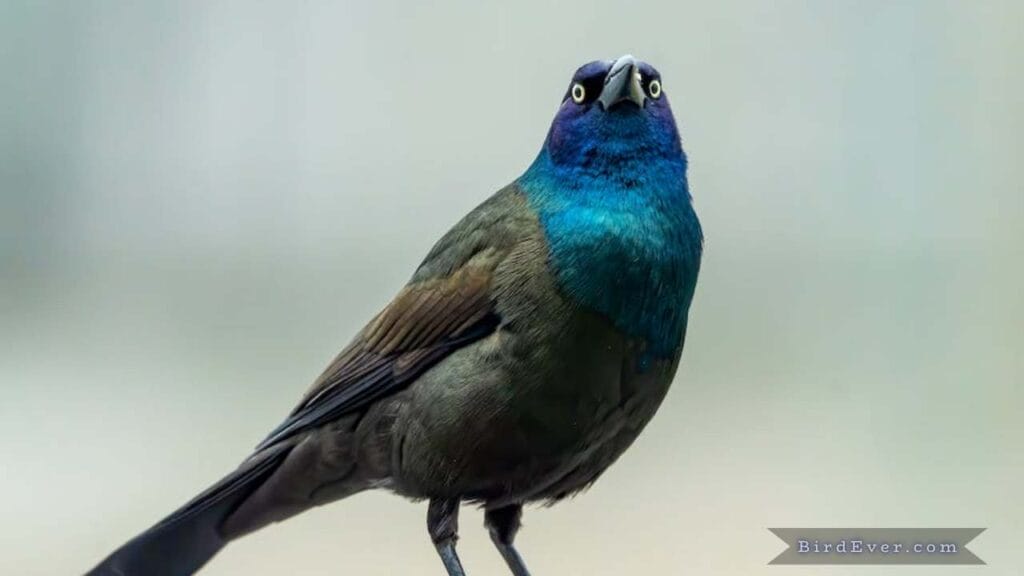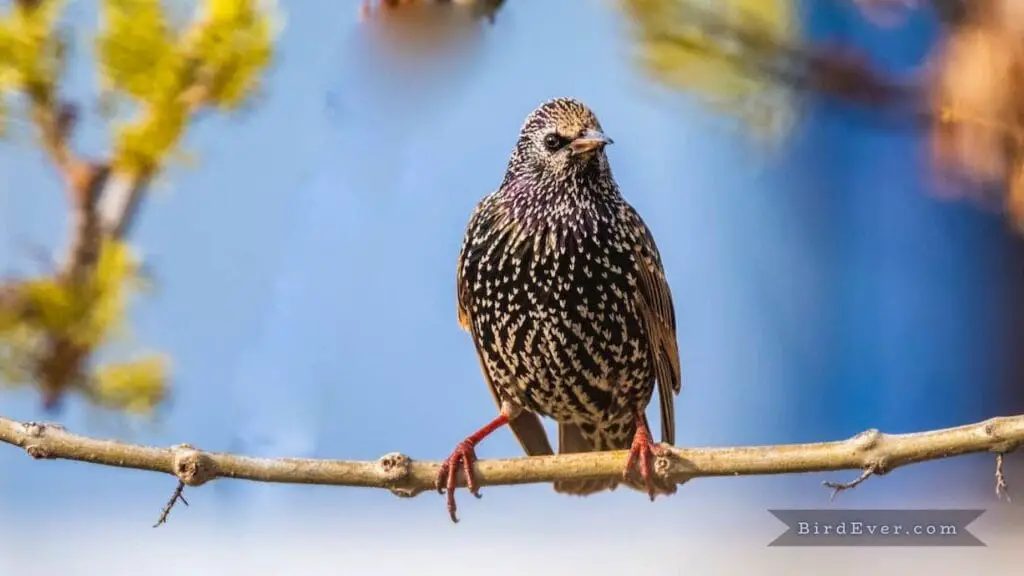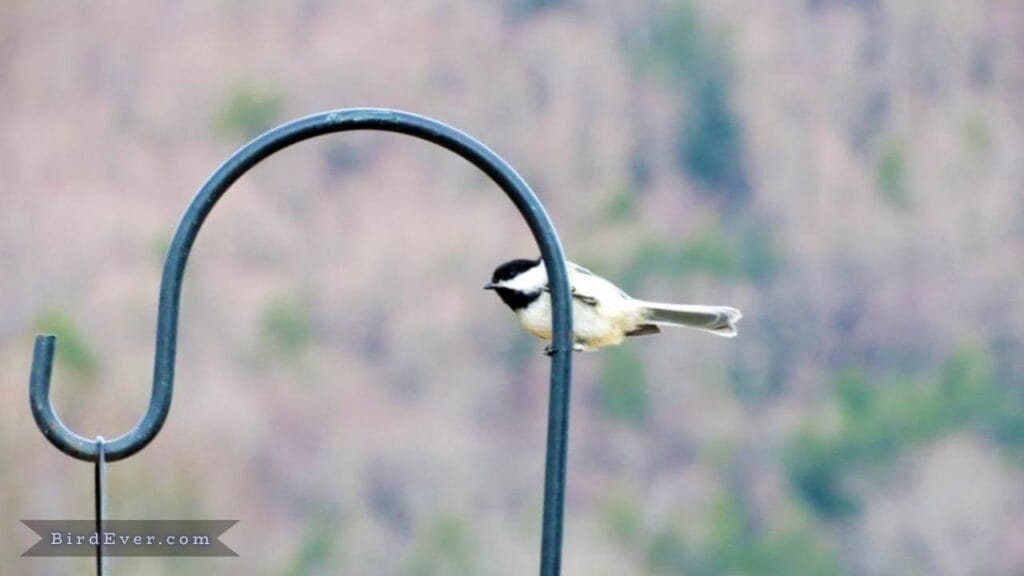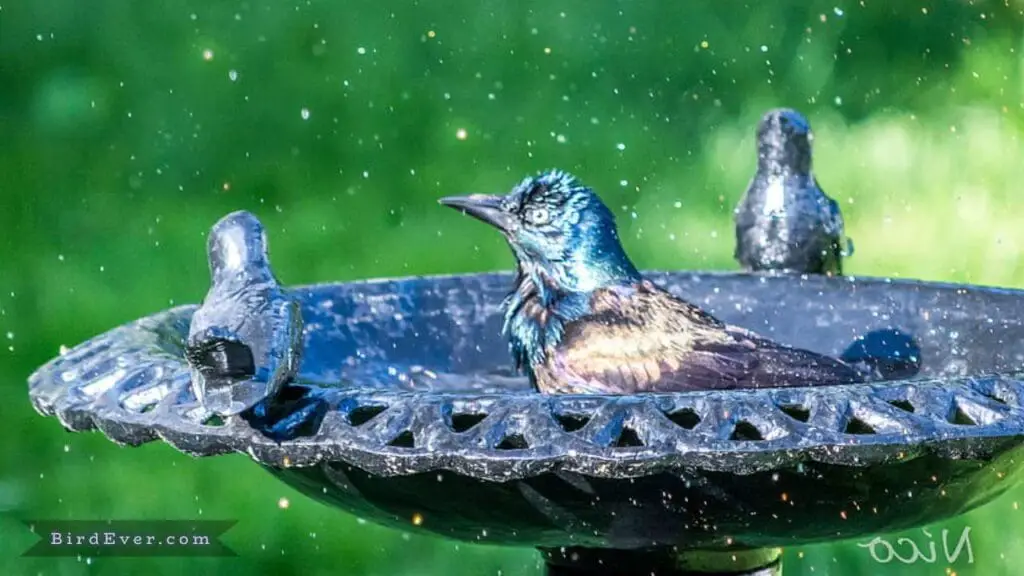What Bird Sounds Like A Rusty Swing? Uncover the Answer
Bird watching is an exciting hobby that has been gaining popularity in recent years. Isn’t it? One of the most important aspects of bird watching is the ability to recognize different bird sounds. Are you a bird watcher? Do you know what bird sounds like a rusty swing?
Maybe you don’t know. So, you are here to know. How interesting it is to learn fun facts about birds. If you are a bird lover then it is obvious!
Knowing bird sounds not only helps with identification but also adds an extra layer of enjoyment to your bird watching experience. In this blog, we will explore the world of bird sounds, starting with the importance of bird sounds in identification.
We will also delve into identifying specific bird sounds, like the “Rusty Swing” sound. Plus, we will look at common birds with unique sounds and provide tips and techniques on how to differentiate between them.
Lastly, we will explore how knowing bird sounds can enhance your bird watching experience and even touch on whether other animals mimic these unique sounds.
By the end of this blog, you’ll have a newfound appreciation for the beauty of bird sounds!
The Melody of Nature: Identifying Bird Sounds
Bird sounds play a crucial role in avian communication. Each bird species has its own unique vocalizations, characterized by variations in pitch, rhythm, and pattern.
By understanding these bird sounds, you can effectively identify different bird species. Vocalizations provide valuable insights into their behavior, habitat, and even territorial boundaries.
What’s more, bird sounds can also add a special flavor to your bird watching experience.
What Is “Rusty Swing” Bird Sound?
The “Rusty Swing” bird sound is a distinctive and rhythmic noise that can be recognized by experienced birders.
This unique sound is often associated with certain bird species and can be used to locate them in the wild. By listening for the “Rusty Swing,” birdwatchers can enhance their ability to identify and find specific birds.
What Bird Sounds Like A Rusty Swing?
There are a few bird species that have calls that resemble the sound of a rusty swing. One such bird is the Common Grackle. The male Common Grackle has a distinctive call that can sound like a rusty gate or swing when it vocalizes.

Another bird species that may produce similar sounds is the European Starling. Starlings are known for their ability to mimic various sounds, including rusty hinges or swings.
It’s important to note that bird vocalizations can vary greatly depending on individual birds and their specific habitats, so not all individuals of these species may produce sounds resembling a rusty swing.
Habitat of the Bird that Sounds Like A Rusty Swing
In terms of habitat, Common Grackles are found throughout North America and can be seen in a variety of environments, including urban areas, agricultural fields, woodlands, and wetlands.
They are adaptable birds that can thrive in different habitats as long as there is access to food sources such as insects, fruits, seeds, and even small vertebrates.
Common Grackles are highly social birds and often form large flocks, especially during the non-breeding season.
They build their nests in trees or shrubs, typically near water sources. While they may occasionally visit backyard feeders, they are primarily omnivorous and forage on the ground for food.
On the other hand, the habitat of European Starlings are native to Europe, but they have been introduced to North America and can now be found throughout the continent.
These adaptable birds can thrive in a wide range of habitats, including urban areas, agricultural fields, grasslands, and even forests. They are commonly seen in parks, gardens, and open spaces where they can find ample food sources.
So if you’re hearing the sound of a rusty swing coming from a bird in your area, it’s likely to be the Common Grackle or European Starling enjoying its natural habitat.
7 Interesting Facts About Rusty Swing Bird

When it comes to birds, the Rusty Swing Bird is a fascinating and unique species that often captures the attention of bird enthusiasts.
With its vibrant plumage and distinctive swinging behavior, this bird has some interesting characteristics that set it apart from other species.
In this part, we’ll explore some intriguing facts about the Rusty Swing Bird, from its habitat and diet to its mating rituals and conservation status.
Whether you’re a seasoned bird watcher or simply curious about the wonders of nature, these facts are sure to pique your interest. So grab your binoculars and let’s dive into the world of the Rusty Swing Bird!
1. Rusty Swing Bird is the longest living bird in captivity.
2. This bird is the only known living species of its genus.
3. It is the heaviest living bird in captivity.
4. Moreover, Rusty Swing Bird can fly very short distances, but prefers to swing from tree to tree.
5. It is only known living bird that cannot walk due to its weight.
6. Rusty Swing Bird is one of the few birds that has a prehensile beak that it uses to feed on insects and other small animals.
7. Also, Rusty Swing Bird is monogamous and mates for life.
How Can Bird Sounds Enhance Your Bird Watching Experience?

Bird sounds can take your bird watching experience to the next level by adding an auditory dimension to your observations.
Imagine you’re sitting in a peaceful forest, binoculars in hand, when suddenly you hear the melodious song of a thrush. It’s like nature’s own concert!
Bird sounds can help you identify different species, as each bird has its own unique vocalizations. You can impress your fellow bird watchers with your ability to recognize the call of a red-winged blackbird or the trill of a warbler.
Besides, listening to bird sounds can create a sense of tranquility and connection with nature, making your bird watching experience even more enjoyable. So grab your binoculars and get ready to be serenaded by our feathered friends!
Also read: Bird That Looks Like Zebra in the Wild
FAQs
Do you want to learn more about bird sound? If so, read the following FAQs too.
What bird sounds like a rusty door hinge?
The chickadee is a bird that sounds like a rusty door hinge.
What bird sounds like metal?
The sound of a metal bird is similar to that of a crowing cock. The sound of a metal bird is most likely caused by the rubbing of its metal feathers against each other.
The high-pitched sound is made when the bird’s metal beak hits the air. Whereas, the lower-pitched sound is made when the metal bird’s wings are flapping.
What bird call sounds like a rusty gate?
Well, if you hear a bird call that sounds like a rusty gate, I’m afraid it’s not because birds have taken up metalworking as a hobby. There are actually a few birds that have calls that somewhat resemble the sound of a rusty gate.
One such bird is the Common Raven, which can make a variety of strange and unusual sounds, including one that some people describe as sounding like a creaking gate.
Another bird that might fit the description is the Black-billed Magpie, which has a harsh and raspy call that could be compared to the sound of a rusty gate.
So, if you ever hear a peculiar noise in nature that reminds you of an old gate in need of some oil, keep an eye out for these mischievous avian imitators!
What bird sounds like a squeaky door?
The Blue Jay is known to make a squeaky door sound.
Also, The American Goldfinch is a bird that makes a squeaky door sound.
Do other animals mimic the Rusty Swing Bird sound?
Other animals, such as squirrels or insects, can mimic bird sounds as a form of communication or territoriality. It’s not uncommon for them to imitate the distinctive “Rusty Swing” sound.
Final Words

Bird sounds add an enchanting element to bird watching. They provide valuable clues to identify different species and create a deeper connection with nature.
The “Rusty Swing” is a unique bird sound that can be heard in various habitats. By understanding the characteristics of birds producing this sound, you can easily differentiate them from others.
Regardless, there are several other birds with distinctive sounds that are worth exploring. Learning to recognize bird sounds requires patience and practice, but it greatly enhances your bird watching experience.
So, next time you go out birding, don’t forget to listen carefully and let the melodies of nature guide you to new discoveries.
